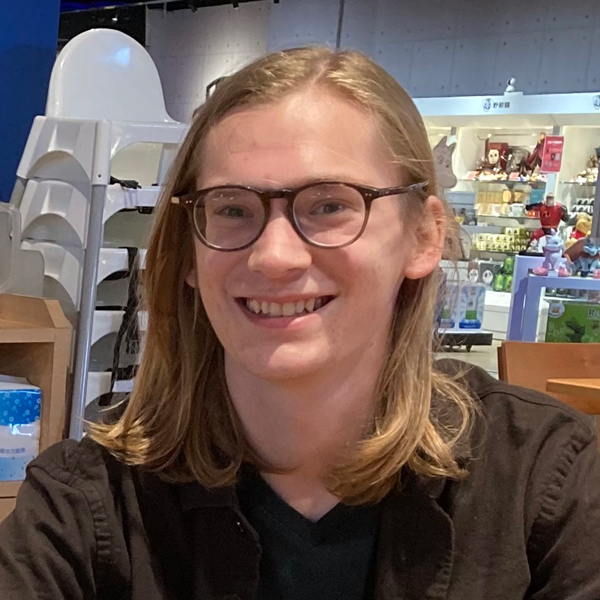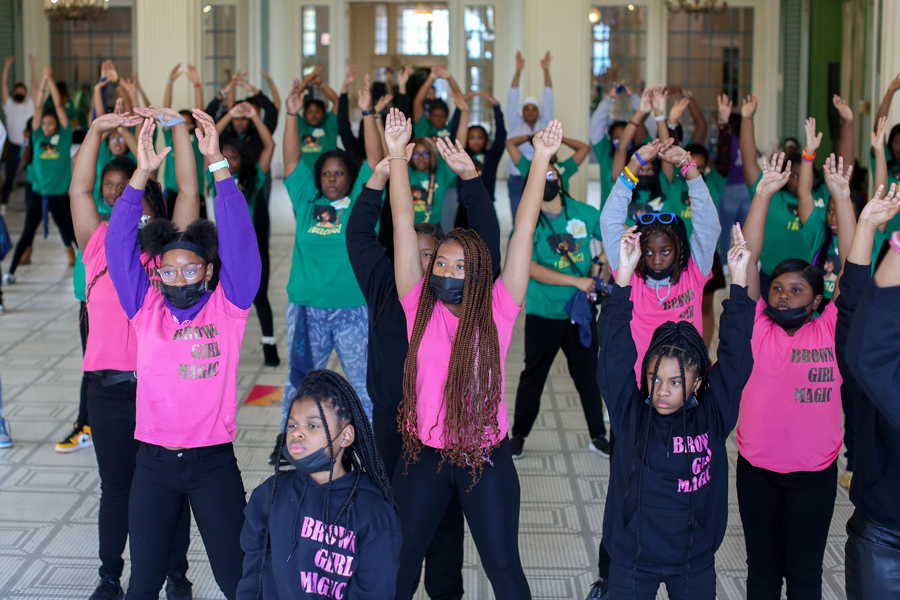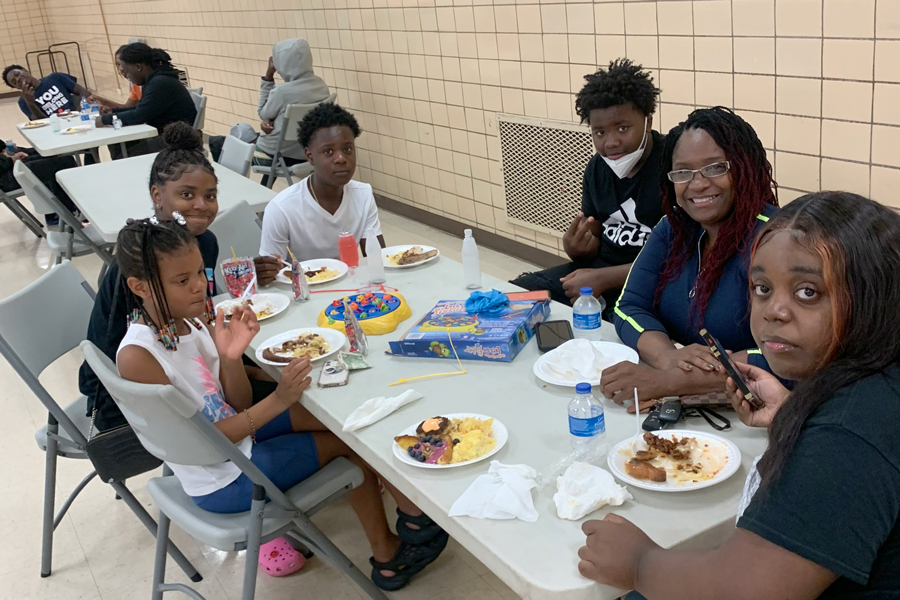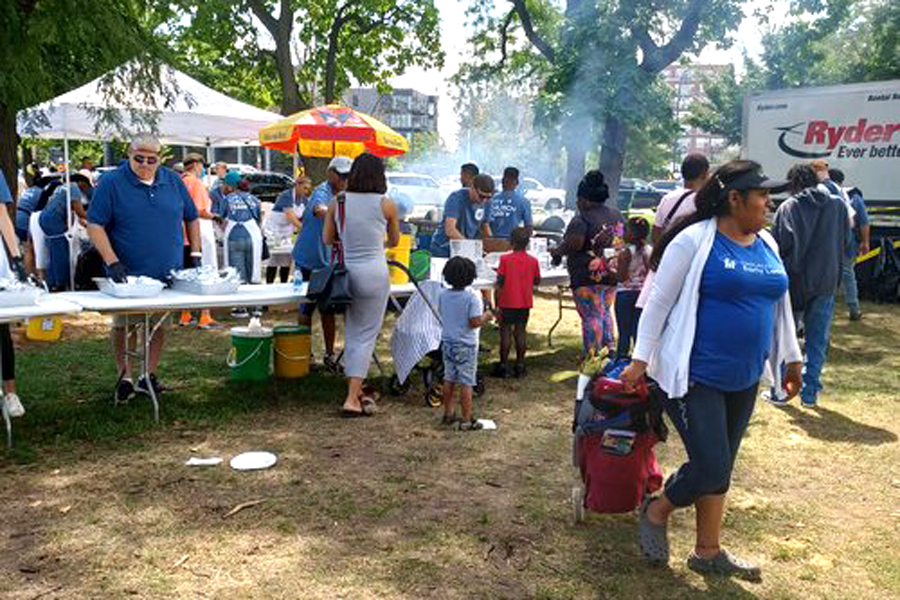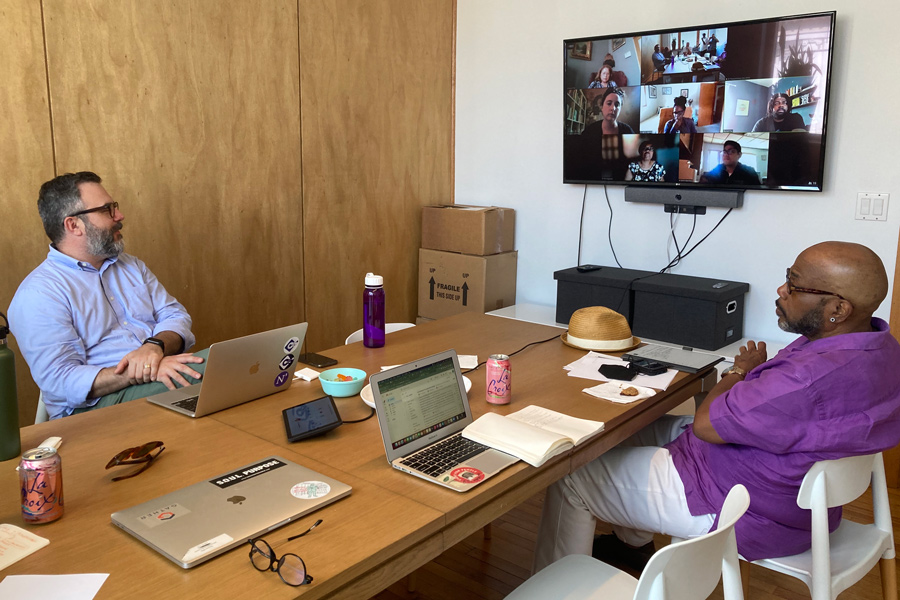In the midst of the COVID-19 pandemic, many households faced drastic changes as children transitioned to online teaching, parents faced instability at work, and families were asked to quarantine. At that time, two Chicago Peace Fellows, Jamila Trimuel and La’Keisha Gray-Sewell, noticed mothers’ difficulties supporting their daughters. Jamila, the founder of Ladies of Virtue, and La'Keisha, the founder of the Girls Like Me Project, are both experienced at designing programs to better equip mothers to raise their children in ways that are life-affirming and liberating. They worked towards this goal as part of the Chicago Peace Fellow’s Mutual Aid Collaborative: a group of 38 Black and Brown leaders who live and work in the communities they serve on the South and West sides and practice a liberatory model of shared leadership, collaborative decision-making and collective action. Through the Mutual Aid Collaborative, Jamila and La’Keisha were able to design and implement an initiative called Raising Black Girl Magic, which was dedicated to serving the needs of young Black women in Chicago.
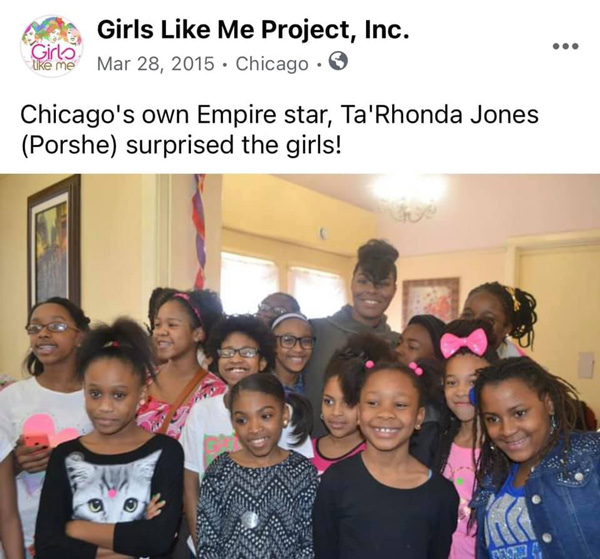
Raising Black Girl Magic created a virtual platform where mothers and daughters could speak with expert guests about issues relating to family and school including time management, mental health, and family relationship dynamics. The project reached over 1,800 live viewers in livestreams and frequently worked with smaller groups of parents in bi-monthly virtual workshops. Both Jamila and La’Keisha have backgrounds mentoring young women and were able to use their skills and connections to create programs that affirmed and strengthened mothers who were having difficulties raising their children. Raising Black Girl Magic aimed to provide a safe space where mothers could be vulnerable and openly discuss the problems that they were facing. At each of their meetings a mental health therapist was present and helped facilitate discussions that confronted the issues that Black girls and mothers face. This provided a platform for women to be vulnerable, authentic, and transparent as they discussed the problems they were facing and collaborated on solutions.
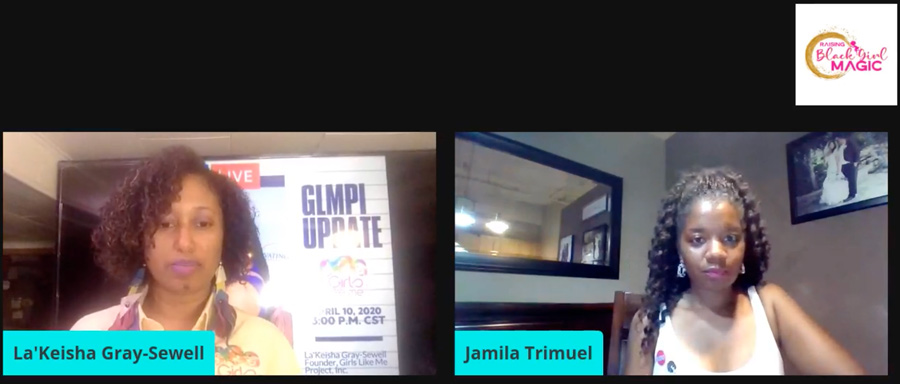
As Jamila and La’Keisha designed Black Girl Magic, they wanted to confront issues raised about the ways girls and their families communicate at home. The project aimed to take a deep dive into parental relationships and the need for parents to confront and heal from their own trauma rather than passing it on to their children. For instance, one workshop was held on toxic parenting and confronted the inheritance of generational trauma. In response many participants admitted to recognizing their own harmful behaviors and expressed a desire to address them. Workshop speakers also often addressed their own relationships with their children, showing vulnerability and an openness to discussion.
These displays of authenticity helped audience members feel more comfortable communicating, confronting, and healing from their own traumas.
The Peace Fellows Mutual Aid Collaborative allowed for Jamila and La’Keisha to hire speakers and mental health professionals and to pay for grocery drives and feminine products. In one case, La’Keisha was able to utilize the platform to provide for a mother who had many social issues and lacked food, clothes, and furniture. Following this aid package, parents participating in the project had a conversation about how to help families who are experiencing social crises and agreed that there is a need for a “village” that can have conversations with and support families in crisis. Through both providing needed resources and creating a collaborative community, Raising Black Girl Magic powerfully impacted participants with one member even saying the initiative “may have saved my life.” This project has given Jamila and La’Keisha a strong track record to continue hosting virtual workshops for mothers and daughters and addressing parents’ needs for community support.
